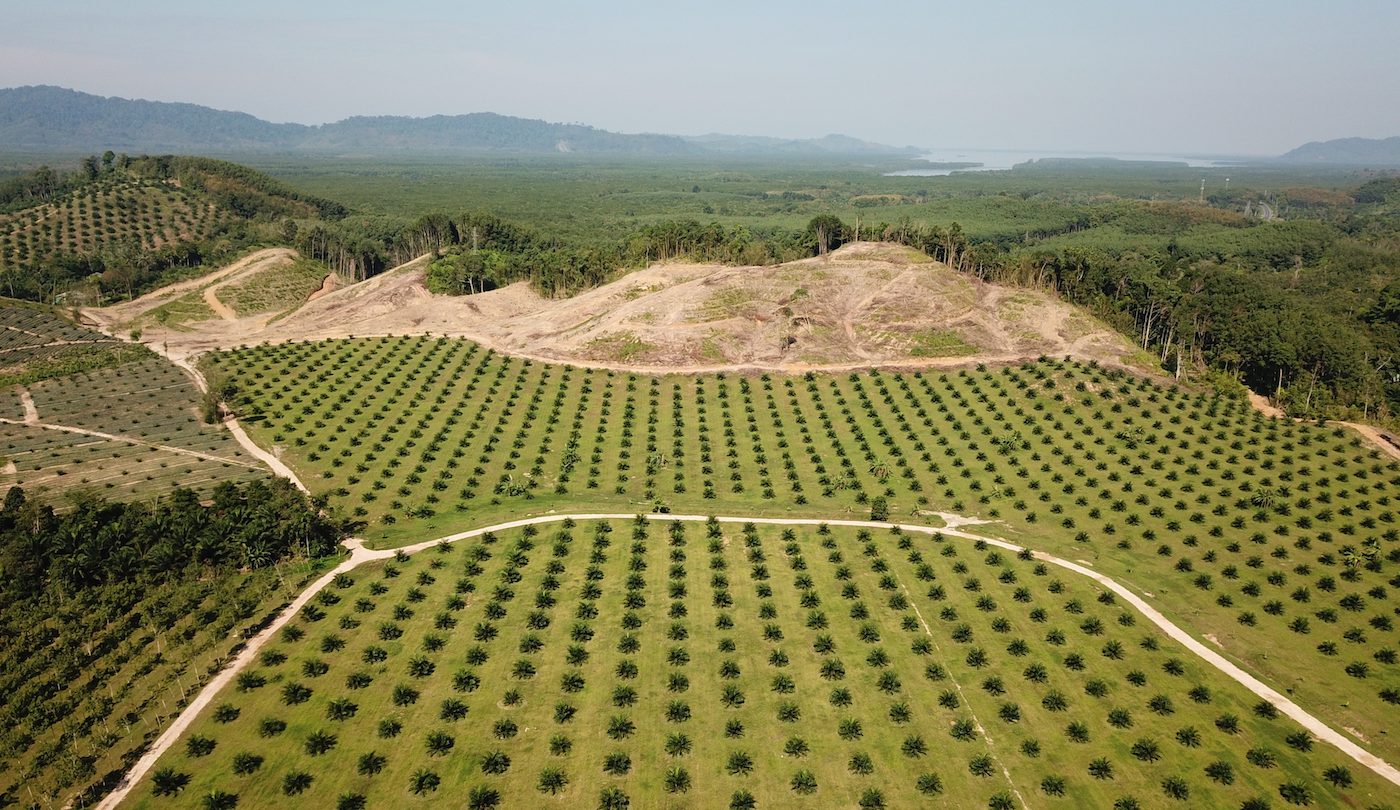
Retailers must be more transparent about their palm oil sources
Retailers must be more transparent about their palm oil sources. The production of palm oil, a commonly used ingredient in cosmetics, food, cleaning products, and biofuel, causes massive deforestation, loss of biodiversity, and greenhouse gas emissions when not harvested sustainably — which massive quantities aren’t. However, many consumers are not aware when and if sustainably sourced palm oil is in their daily products.
A new study from the University of Cambridge, published in Environmental Research Letters, proves that companies must be more upfront about their usage of palm oil due to the fact that, generally, consumers are not informed about palm oil labelling on products. Retailers must be more transparent about their palm oil sources
“The Roundtable on Sustainable Palm Oil (RSPO) has made efforts to improve the sustainability of palm oil production by creating an environmental certification system for palm oil. But currently only 19 percent of palm oil is RSPO-certified,” said the study’s leader, Dr. Rosemary Ostfeld. “This means the majority that finds its way into products people buy daily is still produced using conventional practices.”
Dr. Ostfeld and her team surveyed 1,695 British consumers and found that 77% of them were aware of what palm oil is. Furthermore, 44% considered palm oil “environmentally unfriendly.” But almost none of those surveyed knew that the RSPO label represented a product made with sustainably-sourced palm oil.
“In terms of label recognition versus action, 82 percent of people recognised the Fairtrade label, but only 29 percent actively buy Fairtrade products,” Dr. Ostfeld said. “Only five percent recognised the RSPO label – the same as a fictional label we put into the survey as a control. Of that small number, only one percent said they actively include products with the label in their shopping.”
Dr. Ostfeld believes that the lack of consumer recognition of this label could be blamed on the fact that major companies and retailers don’t use it. “This may be due in part to reluctance to draw attention to their use of palm oil, or it may be because they fall short of the 95 percent physical certified palm oil content that used to be needed to use the label,” Dr. Ostfeld hypothesized.
No matter the reason, the research team found that labelling alone will not necessarily encourage a consumer to choose to sustainable palm oil product over a non-sustainable one. Government policy is needed to make sure the palm oil industry is not overstepping its bounds.
“We recommend governments require consumer goods companies and retailers to buy identity-preserved certified palm oil, which can be traced back to the individual plantation,” Dr. Ostfeld said. “If national targets must be met with identity-preserved certified palm oil, demand for it will increase. It will also enable unsustainable practices to be uncovered more easily.”
Dr. Ostfeld also recommends that companies become transparent about their palm oil suppliers, which will lead the public to make more informed choices and encourage companies to stick with ethical suppliers.
—
By Olivia Harvey, Earth.com Staff Writer













